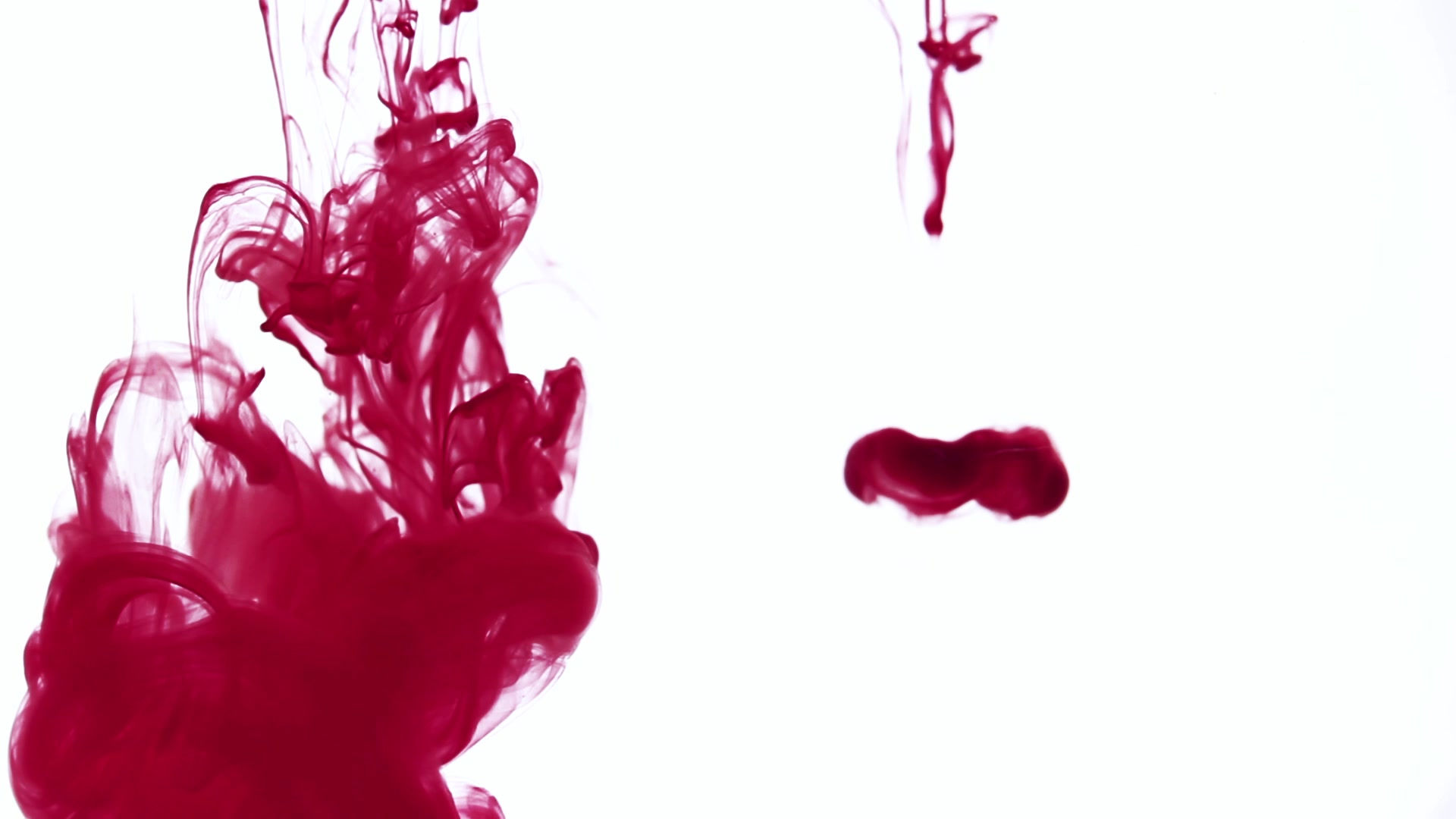HOW SCOLIOSIS HAPPEN?
- NURUL AMIRA
- Jan 20, 2017
- 2 min read
Scoliosis is the abnormal twisting and curvature of the spine.
It is usually first noticed by a change in appearance of the back.
Typical signs include:
a visibly curved spine
one shoulder being higher than the other
one shoulder or hip being more prominent than the other
clothes not hanging properly
a prominent ribcage
a difference in leg lengths
Who is affected
It used to be thought that scoliosis was only a childhood condition, but it’s now increasingly recognised as a condition that affects older adults as well.
It can develop at any age, but is most common in children aged 10-15. In the UK, around three or four in every 1,000 children need treatment for scoliosis.
It's more common in females than males.

How scoliosis is treated
Treatment for scoliosis depends on your age, how severe it is, and whether it’s thought it will worsen
with time.
In very young children, treatment is not always necessary because the curvature of the spine may improve naturally as they get older. If treatment is necessary, bracing or casting may be used to attempt to halt the curve’s progression.
If the infant or younger child's curve continues to progress despite bracing or casting, an operation may be necessary. This will usually involve inserting metal rods into the back to stabilise the spine, which are lengthened at regular intervals as your child grows.
In older children and adults, it is unlikely that scoliosis will improve with time, and in some it may progressively worsen.
The main treatments for older children are:
a back brace worn until they stop growing, to prevent the spine from curving further
surgery to correct the curvature – where the spine is straightened using rods attached to the spine by screws, hooks and/or wires
In adults, treatment primarily aims to relieve any pain. Non-surgical options, such as painkillers and exercises are often tried first, with correctional surgery seen as a last resort.








































Comments